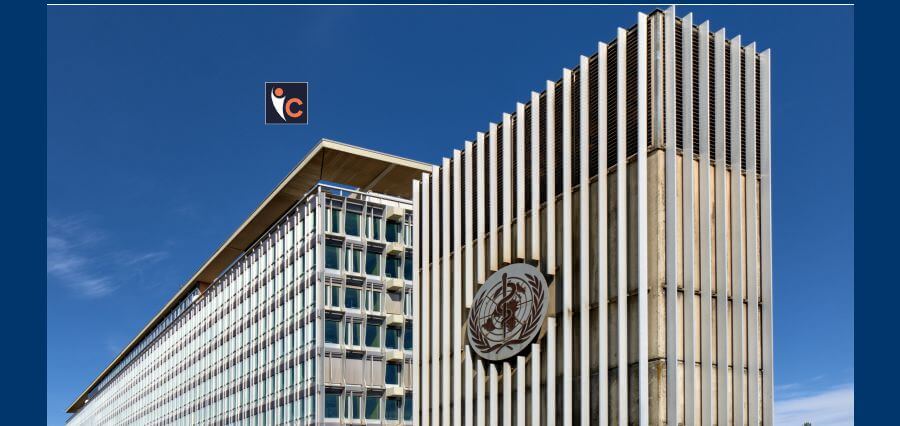A new report from the World Health Organization has now thrown light upon vaccines as having potential in the fight against antibiotic resistance, estimating that better immunization against 24 diseases could cut antibiotic use worldwide by 22%, or 2.5 billion defined daily doses, per year. This falls into place with broader global efforts to combat AMR.
AMR is the development in microorganisms, including bacteria, viruses, fungi, and parasites that is made resistant to drugs that were earlier effective. This leads to further morbidity and mortality, infections that are more difficult to treat, and increased burden in healthcare systems worldwide. These effects decline both from excessive use and misuse of antimicrobials but at the same time, many people have a limited or no access to simple medicines. In all these, WHO estimates that in total, some 5 million deaths are due to AMR annually.
Vaccination is growing increasingly important in the fight against AMR. Through vaccination, infections are prevented, cutting the need for antimicrobials and reducing the development and transmission of drug-resistant microorganisms. Based on a previous study published in *BMJ Global Health*, the WHO report shows that already available vaccines for pneumococcus pneumonia, Hemophilus influenzae type B (Hib), and typhoid fever may prevent almost 106,000 deaths annually as related to AMR. Introductions of new vaccines for tuberculosis and Klebsiella pneumoniae could prevent 543,000 additional deaths annually. For example, clinical trials of TB vaccines are already undergoing, while a vaccine for Klebsiella pneumoniae is still at its infancy stages.
The WHO Director-General, Dr Tedros Adhanom Ghebreyesus said, “The best way to control infectious diseases is still with prevention: vaccines are among the most powerful tools for preventing infections. Expanding access to the existing vaccines and developing new ones for critical diseases like tuberculosis is important to save lives and reverse the trend of AMR.”.
It points out vaccines play a great role in protecting public health through the prevention of infections and should not be treated with antimicrobial treatments, hence taking up a critical place in fighting this rising danger of AMR.










